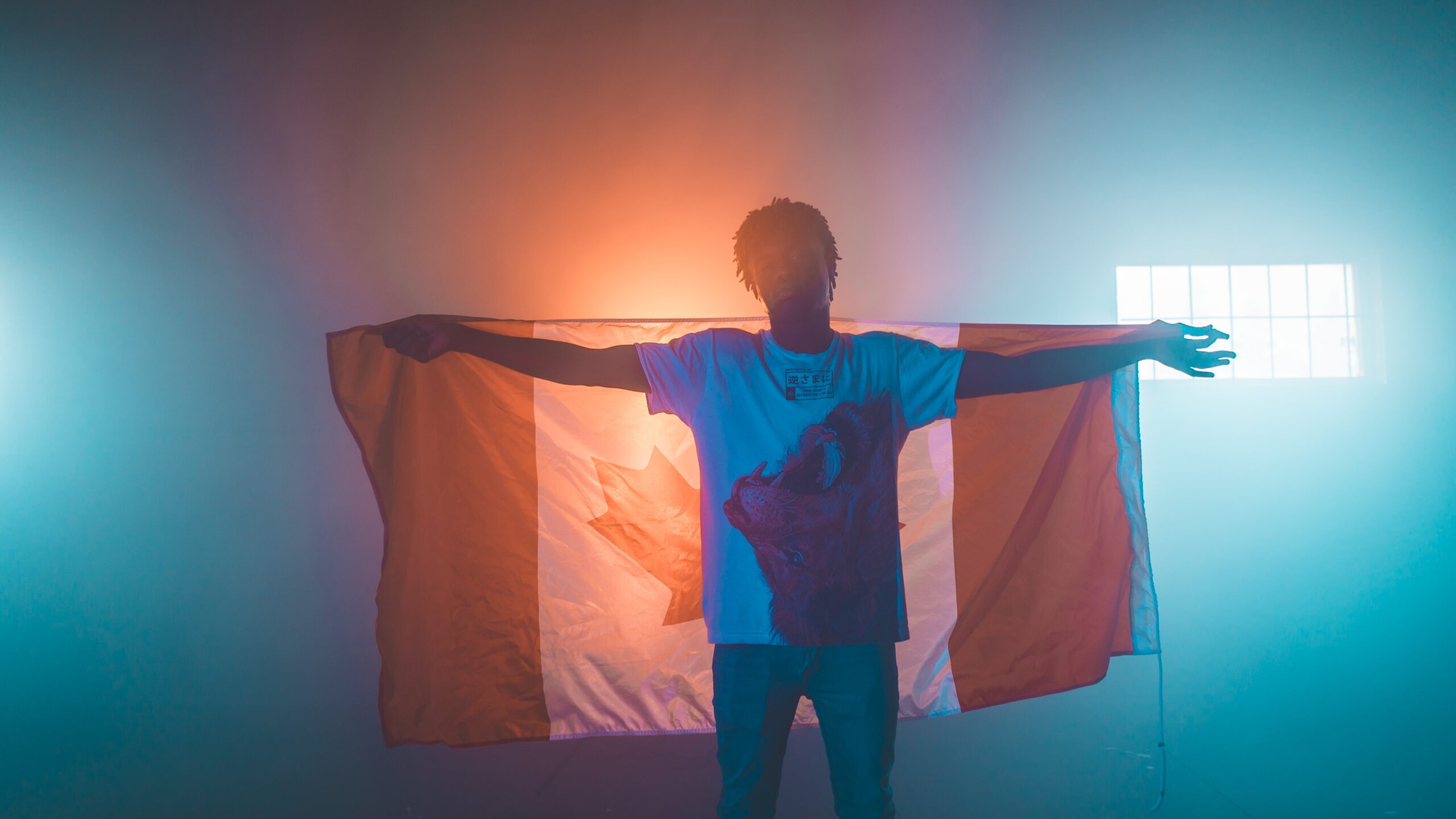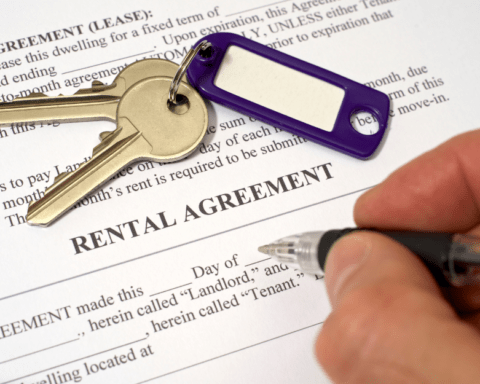I never liked Black History Month growing up. I was never sure what its purpose was supposed to be. Is the objective to instill pride in Black kids by teaching them about their histories and cultures? Is it to inform all students about racism and their shared histories so that they learn from the mistakes. If so, neither goal is met.
Learning about the ways people who look like me have been mistreated for hundreds of years seemed to serve no real purpose.
At one point, my mom considered enrolling me in the Africentric Alternative School in Toronto. The school focuses on providing an equitable school environment for Black students who’ve largely been disengaged and disregarded by Ontario’s curriculum. This wasn’t the only time my mother intervened in my education to ensure I learned about the Black experience.
In grade 7, she made me read Black Like Me by journalist John Howard Griffin. The book was published in 1961, and recounted a social experiment Griffin undertook where he temporarily darkened his skin and travelled around the segregated-American south for a few months. Years later, she made my sister and I watch the 6-part-non-fiction-miniseries “Book of Negroes,” adapted from Lawrence Hill’s novel. She felt it was necessary that we watch it.
Black adults are often tasked with the extra burden of having to prepare children for the racism they’re bound to face. This is especially true of Black parents in Canada.
The purpose of getting an education is to equip the next generation with the tools they’ll need to thrive but the Canadian education system does a woeful job of preparing students for the anti-Black world racism they’re almost certain to experience.
Canada’s Quiet Racism
When Viola Desmond became the first Canadian woman and person of colour to have her face on Canadian currency, I’m embarrassed to admit that I wasn’t sure who she was. My first thought was Viola Davis.
I later learned that Desmond became famous for defying Nova Scotia’s segregation laws when she refused to move from her theatre seat in 1946. Desmond was fined and faced jail time but she won her appeal. In 1954, segregation was legally ended in Nova Scotia, partially because of the attention and scrutiny Desmond’s trial garnered.
This happened nine years before Rosa Parks made her famous civil rights stand in Montgomery, Georgia yet Desmond is referred to as “the Canadian Rosa Parks.”
Not by Americans—by us.
True to form, Canada conveniently compares itself to the United States while downplaying its own transgressions and racist history. According to most curricula, Canada’s only relationship to slavery was being a safe haven for Blacks who fled the U.S. via the Underground Railroad and where Black Loyalists went when they were freed. But racism was pervasive here.
Slavery wasn’t abolished in Canada until 1834. It was initiated by politician John Graves Simcoe, for whom Simcoe Day — Emancipation Day as of 2021 — was named. It was the first law of its kind in the British Commonwealth. You would think that Canada would be eager to celebrate that but references to the history of slavery here were removed from some textbooks just decades after it was abolished. That’s a problem because you know what they say about forgetting history.
As Dr. Henry Yu, an associate history professor at the University of British Columbia, told my colleague Baisakhi Roy, neglecting to discuss Canada’s “long history of racism, of white supremacy,” means students get a sanitized version of multiculturalism “which can actually serve to suppress an awareness of racism.”
Basically, not teaching Black and racialized students about Canada’s racist history, pretending it doesn’t exist and inundating them with messages about how wonderful and multicultural Canada is while they experience discrimination sounds like gaslighting.
Historian and professor Afua Cooper explained to CBC’s Ideas, “What slavery did in Canada was it made [the concept of] race,” She added, “It created Black inferiority, Black subjugation, white supremacy and white hegemony that we are still living with to this day.”
The consequences of racism
The pervasive ideas of racial hierarchies played out in several areas of life and paved the way for some of the discrimination Black and other racialized people experience today. The first example that comes to mind is housing.
There used to be laws that prevented certain ethnic people from owning certain properties or living in certain areas. In contemporary times, according to the 2018 Canadian Housing Survey, only 48% of Black people lived in a private dwelling owned by a member of their household compared to 73% for the rest of the population. And a report by the Ontario Real Estate Association, 93 per cent of Black agents believe discrimination plays a role in the rental process.
The historic Black Nova Scotia community, Africville, used to be a prosperous village but the government tore it down in the ‘60s, after decades of discrimination. In Priceville, Ontario, the Black people who settled and built it were forced out and not allowed to purchase their homesteads.
Not to sound conspiratorial but when you learn about histories like these and the ongoing disruptions that have plagued and delayed the Eglinton LRT line, which runs through Little Jamaica, you can’t help but wonder if there’s something nefarious going on. And because of the way Canada is so secretive with its racism, it’s hard not to be suspicious.
There was discrimination in terms of where Black people could work; how much they got paid; and there was discrimination in education as well. The current data on these areas reflects the racism that was built into these systems.
Validation
I know people who’ve had an ADHD diagnosis later in their lives and they’ve all said they’re glad that they found out because it made sense of their experience; validated it. I’ve felt similarly learning more about Canada’s Black history.
There’s so much I didn’t learn about in school during Black History Month that I feel like I should have.
I learned a lot of through podcasts and researching my own stories but I shouldn’t have had to do so much self-learning. And I shouldn’t have had to do so much unlearning when it comes to debunking the myth of Canada as a multicultural utopia.
Marcus is a poet, editor and freelance journalist based in Toronto. He currently works with New Canadian Media as an Editor and as a Freelance Writer for ByBlacks.com, The Edge: A Leader's Magazine and The Soapbox Press.





I would be curious many black canadians can trace their ancestor to pre-Canada slaves. I would imagine it would be an extremely small minority as black presence in Canada was mostly mostly driven by american immigration (underground railroad and later freemen), and followed by african and haitian immigration in the 1960s. These populations were not coerced here but joined us of their own accord to get opportunities not available in their country of origin for them or their children. For the majority of them, they did indeed made their lives better (as demonstrated by almost no one going back!). One could ask… where else would you rather been born? It’s not wrong to feel gratitude.
If you want to judge “old Canada”, do not do it through the lense of modern values but by comparing it to their contemporaries. How were societies in Africa, Asia, America and Europe at the time?
Hi Donald. Thanks for reading and taking the time to comment. I take your point, all four of my grandparents came to Canada from the Caribbean of their own accord, and as you said, they came for the chance opportunities not possible at home. However, there is evidence that the their isn’t significant socioeconomic improvement in the lives of second-and-later-generation Canadians immigrating from these countries.
https://www.cbc.ca/news/canada/toronto/study-canadian-dream-racialized-second-generation-education-employment-1.7121668#:~:text=Recent%20trends%20in%20equality%20of,disparities%20below%20the%20mainstream%20average.
You raise a fair question, and I personally don’t know the answer. I am grateful. But you can be grateful and critical or angry. The purpose of this article wasn’t to judge old Canada by modern standards, it’s more so criticizing modern Canada for but being honest about old Canada, having some of the same systemic problems as old Canada and expects people to be happy and grateful and act as if nothing is wrong. I’m not interested in writing about Canada was in comparison to its contemporaries at this point but if you’d like to write that article and send it to me. i’ll read it